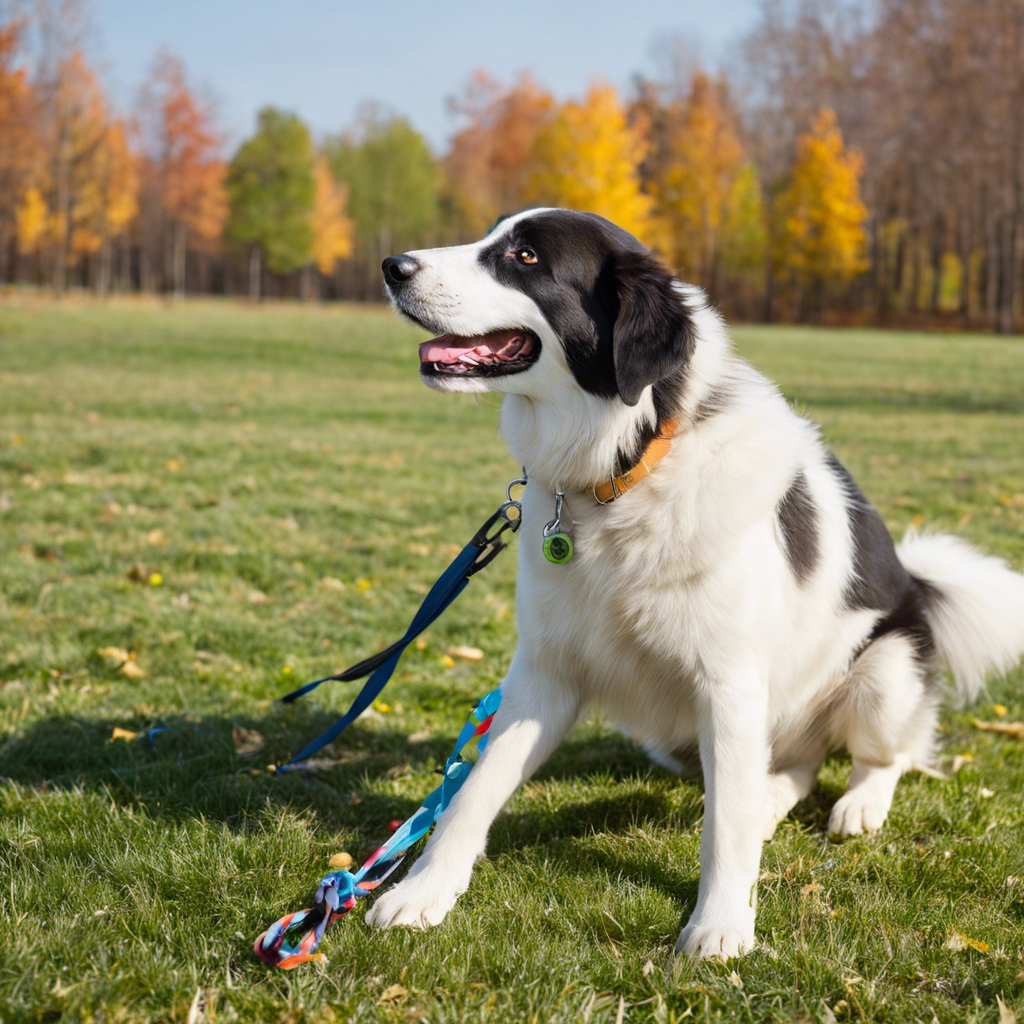# Advanced Behavioral Training Techniques for Your Canine Companion
As a dog owner, you may have already experienced the joys of training your furry friend. From basic commands like “sit” and “stay” to more complex tricks, training not only enhances your dog’s abilities but also strengthens the bond between you and your pet. If you’re looking to take your dog’s training to the next level, advanced behavioral training offers a fulfilling challenge for both you and your canine companion.
Advanced behavioral training focuses on refining your dog’s responses and teaching them specialized skills. This level of training is not just about impressing your friends with fancy tricks; it has practical applications and can make a significant difference in your dog’s behavior and overall well-being. For example, teaching your dog to respond calmly to various situations can reduce their anxiety and improve their social interactions with other dogs and people.
**Training Techniques for Focus and Impulse Control:**
One crucial aspect of advanced training is teaching your dog to maintain focus and self-control. A simple yet effective technique is using the “wait” command. Instead of immediately rewarding your dog for completing a task, ask them to wait for a few seconds before granting the reward. Gradually increase the duration of the wait, rewarding them for their patience. This teaches your dog impulse control and reinforces their ability to focus on your commands. Another useful technique is the “leave it” command, which can be employed during walks or when your dog shows interest in something they shouldn’t have. This command helps prevent unwanted behaviors, such as picking up food from the ground or chasing after small animals.
**Advanced Commands and Tricks:**
Expand your dog’s repertoire with advanced commands and tricks. For instance, teach your dog to “go to your spot,” where they learn to go to a specific mat or bed on command. This can be useful during mealtimes or when guests arrive, ensuring your dog remains calm and in a designated area. Another impressive trick is teaching your dog to wave their paw. Start by rewarding them for lifting their paw slightly, then gradually shape the behavior into a wave. You can also introduce your dog to scent discrimination games, where they learn to identify specific smells, which sharpens their cognitive abilities.
**Socialization and Behavior Modification:**
Advanced training also involves addressing and modifying any undesirable behaviors. For dogs prone to excessive barking, implement a “quiet” command. Reward them for moments of silence or when they stop barking on command. This is particularly useful for managing separation anxiety or barking triggered by external stimuli. If your dog struggles with leash pulling, consider using a no-pull harness and reward-based training methods to encourage loose-leash walking. Additionally, advanced training can include socialization techniques to help your dog feel comfortable in various environments and situations. Gradually expose your dog to new experiences, rewarding them for calm and relaxed behavior.
**The Benefits of Advanced Training:**
Engaging in advanced behavioral training with your dog provides numerous benefits. It strengthens the bond between you and your pet, as you spend quality time together and learn to communicate more effectively. Advanced training also stimulates your dog’s mind, keeping them mentally sharp and reducing the risk of boredom-related behavioral issues. Well-trained dogs are often more relaxed and better-behaved, making them a joy to be around. Moreover, advanced training equips you with the skills to handle challenging situations and ensure your dog’s safety, such as teaching them to recall immediately or respond to emergency commands.
**Seeking Professional Guidance:**
While these advanced training techniques can be rewarding, they may require patience and a deeper understanding of dog behavior. If you’re new to dog training or facing challenges, seeking guidance from professional dog trainers or behaviorists can be invaluable. These experts can provide tailored advice and support, ensuring that you and your dog get the most out of the training process. Remember, each dog is unique, and the learning process should be adapted to their individual needs and learning style.
In conclusion, advanced behavioral training is an engaging and enriching experience for both dog owners and their pets. It offers the opportunity to deepen the connection between you and your dog, improve their behavior, and ensure their overall well-being. By incorporating a variety of training techniques and commands, you can create a well-mannered and happy companion who excels in various situations. So, embark on this advanced training journey and unlock your dog’s full potential!
Ready to get started? There are numerous online resources and books offering detailed guidance on advanced dog training. You can also connect with local dog training groups or attend workshops to gain hands-on experience and learn from experts in the field. With dedication and consistency, your dog will astound you with their newfound skills and improved behavior.
